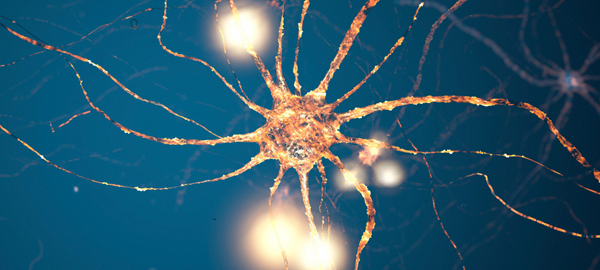19/06/2019
Workpackage 1: Identifying novel biomarkers and their combinations in animal models
Objectives of the Workpackage
This workpackage will study experimental epilepsy, and will address brain alterations at different time points after induction of epilepsy. Specific objectives within this workpackage are the following:
- To set up an Epilepsy Preclinical Biomarker Bank (EPBB): In order to develop novel preventive strategies in at-risk patients the EPBB is aimed at prospective identification of novel biomarkers for (i) diagnosis of epileptogenesis and stratification of study populations, (ii) severity of epilepsy, and (iii) treatment discovery. EPBB will include blood, peripheral organs, brain tissue, electrophysiological data, behavioural data and imaging data from different models of epileptogenesis.
- To develop a multimodal biomarker platform for diagnosis of epileptogenesis and severity of epilepsy, with validation in human tissue in
 WP04 and prediction of treatment response in WP02: Biomarkers indicative of neurodegeneration, axonal injury and inflammation will be probed using blood biomarkers, brain MRI and their combinations in animal models. Additionally, global changes in microRNAs and in promoter methylation in blood and brain samples, and their transcriptomal effects at different stages of SE- and TBI-induced epileptogenesis will be examined. Network-based systems biology analysis will reveal pathways active during epileptogenesis. Finally, PET/SPECT imaging of inflammation and BBB alterations will be tested as biomarkers for epileptogenesis.
WP04 and prediction of treatment response in WP02: Biomarkers indicative of neurodegeneration, axonal injury and inflammation will be probed using blood biomarkers, brain MRI and their combinations in animal models. Additionally, global changes in microRNAs and in promoter methylation in blood and brain samples, and their transcriptomal effects at different stages of SE- and TBI-induced epileptogenesis will be examined. Network-based systems biology analysis will reveal pathways active during epileptogenesis. Finally, PET/SPECT imaging of inflammation and BBB alterations will be tested as biomarkers for epileptogenesis. - Development of new in vivo technologies for biomarker identification. This task will develop novel organic electrodes for the simultaneous recording of local field potentials, single units, and ionic/enzymatic activity in close vicinity of recorded neurons. Further, microstructural MRI techniques beyond diffusion tensor imaging (DTI) will be developed to exploit damage-induced axonal plasticity and structural network reorganization as biomarkers for epileptogenesis. WP1 will also assess novel tracers for PET and SPECT imaging.
 |









